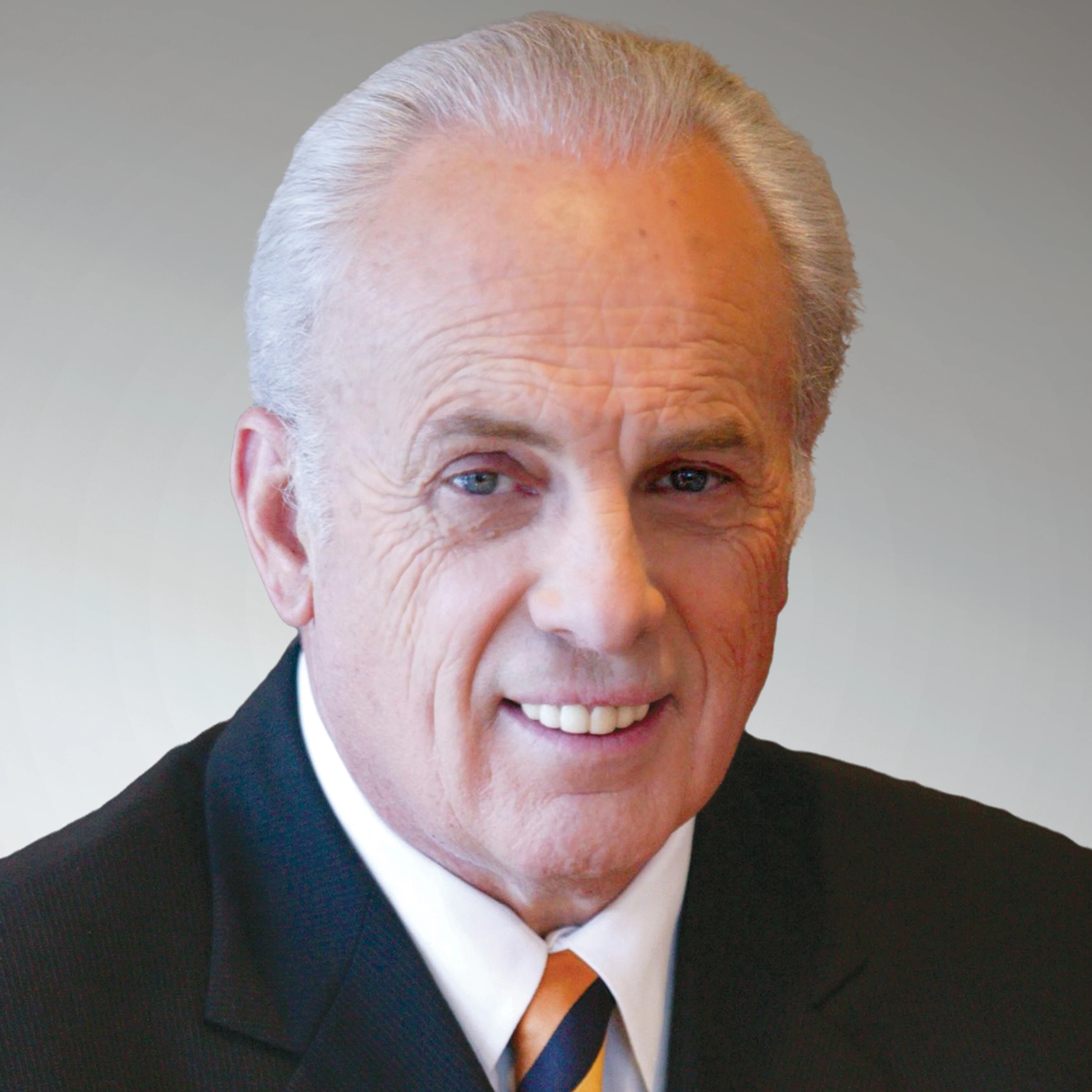History Makers: Lordship Controversy with John MacArthur

Stephen J. Nichols (SN): Today on 5 Minutes in Church History, we are talking to a history maker. It's our pleasure and privilege to have back with us Dr. John MacArthur. It was a few decades ago that Dr. MacArthur published his book The Gospel According to Jesus. This book spawned what is known as the Lordship Salvation Controversy. When church history textbooks are written about the twentieth century, I'm certain they will cover this controversy. Dr. MacArthur, did you anticipate that this book would become such a flashpoint for discussion, and for so many years?
John MacArthur (JM): I didn't think it would go the way it did. Zondervan published that book, and they thought it might sell twenty-five thousand copies the first year. Well, it did ten times that. And the reason was, to put it simply, I had assaulted the bastion of Dallas Theological Seminary. Not their dispensational position and not their eschatology, but their soteriology. I had concerns about what they were producing there, and—since they were at this point populating nearly every Christian college and Bible school faculty with their graduates—this concept of the gospel was everywhere. I was deeply concerned about it, and it reached a head for me when Zane Hodges wrote a book that completely undermined the gospel. It was called The Hungry Inherit, and in it he created a kind of a two-level salvation: there are some who will be in the kingdom and some who will inherit the kingdom. The second group is those who confess Jesus as Lord. Hodges really just obliterated the gospel. You can be an unbelieving believer, he said; you can deny Christ and still go to heaven. I was so upset by that book that I ended up taking on Dallas Seminary because that was the place where that theology was coming from.
SN: As I'm talking to you, I'm connecting some dots in my head. The great Princeton theologian B.B. Warfield, well known for his writings on the doctrine of inspiration, was also very interested in the doctrine of sanctification. He wrote a scathing review of Lewis Sperry Chafer's He That Is Spiritual, which Warfield saw as a very dangerous approach to sanctification that ultimately undermined the gospel. You have read a lot of Warfield, so maybe all this Warfield reading has rubbed off.
JM: I also imbibed Counterfeit Miracles by Warfield, which speaks to the charismatic issues of today. But, in terms of salvation, if you think a person can deny Christ and still be saved, not only do you not have no doctrine of sanctification, but you also have no doctrine of conversion.
SN: Well, we appreciate your work. Those who know your ministry through Grace to You, through Grace Community Church, and through your writings know that the hallmark of your ministry is your stand for truth. We appreciate that. At 5 Minutes in Church History, we engage not only with the history makers of the past but also with the history makers in our own generation. And I appreciate your contributions to the church.
JM: Thank you. It has been my privilege, by the purposes of God and the sovereign design of God, to be in one place all this time. That has forced me to keep studying and constantly developing material. God's grace has taken me beyond what I ever thought would happen.
Recent Episodes
Noah Webster: More Words
February 18, 2026|The Nineteenth Century
401 Again
February 11, 2026|The Ancient Church
401
February 4, 2026|General Church History
Noah Webster’s Dictionary
January 28, 2026|Biography
Early Methodism: Circuit Riders and Camp Meetings
January 21, 2026|American Church History
Early Methodism: Beginnings and Revival
January 14, 2026|The Eighteenth Century

